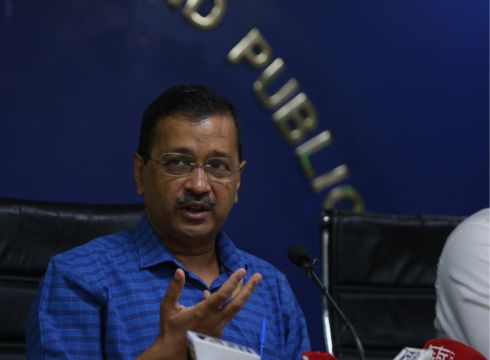With the Delhi government’s proposed aggregator policy, over 50,000 bike taxi drivers are out of a job, leaving the capital city of India in a precarious scenario. A discussion has been triggered by the contentious action, which is a component of the Delhi Motor Vehicle Aggregator and Delivery Service Provider Scheme, 2023, regarding its effects on livelihoods and the viability of its stringent restrictions.

Credits: Inc 42
The Bike Taxi Union’s Plea:
The Apna Bike Taxi Association has sent an open letter to Lt Governor V K Saxena and the Delhi government, pleading with them to take the affected drivers’ concerns seriously. The union claims that thousands of people now have nowhere to earn a living as a result of the upcoming legislation, which will only allow fully electric bike taxis on the roads. The letter emphasizes how urgent the issue is by drawing comparisons to the widespread layoffs that have occurred in huge firms.
Grievances and Unheard Appeals:
According to the Association, despite multiple appeals to address the grievances of bike taxi drivers, the authorities have remained unresponsive. The union claims that 4,000 drivers filed appeals before the LG office in October alone. They emphasize that the policy was drafted without seeking input or consensus from the drivers, exacerbating their sense of disenfranchisement.
Financial Constraints and Lack of Options:
The Delhi Motor Vehicle Aggregator and Delivery Service Provider Scheme, 2023, an ambitious initiative to govern taxi aggregators and delivery service providers in the nation’s capital, is at the center of the problem. For bike taxi drivers, the policy’s strict deadline for fleet electrification presents a major obstacle. The Association contends that there are now few electric cars available on the market and that many drivers lack the financial resources to switch to electric bikes.
“We believe that the government needs to comprehend that a person riding a motorcycle that runs on gasoline cannot just pick up an electric bike. The letter states, “Neither do we have the funds to purchase electric bike taxis, nor are they currently offered on the market.”
Shortcomings in Policy Implementation:
The Association criticizes the short timeline provided for the implementation of the new policy, asserting that it does not account for the practical challenges faced by bike taxi drivers. They argue that the swift transition to electric bikes is neither financially viable nor logistically feasible, given the current market conditions.
The Regulatory Landscape:
The Delhi Motor Vehicle Aggregator and Delivery Service Provider Scheme, 2023, approved by Chief Minister Arvind Kejriwal and recently given assent by the LG, aims to regulate the operations of cab aggregators and delivery services in Delhi. The policy mandates complete electrification of fleets for aggregators and delivery platforms, with bike taxis specifically required to be fully electric to operate on the city’s roads.
Companies and Criticisms:
The move has faced criticism from bike taxi unions, with the Apna Bike Taxi Association leading the charge against what they perceive as a threat to their members’ livelihoods. The strict regulations have raised concerns about the practicality of the policy and its potential impact on the overall transportation landscape in Delhi.
The companies involved in bike taxi services are also likely to feel the repercussions of this policy. The sudden shift to an all-electric fleet poses logistical and financial challenges for these companies, as they need to adapt swiftly to the new regulations. The availability and affordability of electric bikes in the market add an additional layer of complexity to the situation.
The Impact on Livelihoods:
While the intent behind transitioning to electric vehicles (EVs) is laudable for environmental reasons, the stringent measures outlined in the policy have drawn criticism for potentially snatching away the livelihoods of bike taxi drivers. The drivers argue that the government should consider a more gradual approach, allowing for a realistic and sustainable transition to electric bikes without causing widespread unemployment.
Conclusion:
The unfolding situation in Delhi underscores the delicate balance between environmental initiatives and the livelihoods of individuals dependent on traditional modes of transportation. The bike taxi drivers’ plea for a more pragmatic and inclusive approach to policy-making resonates as a call for a comprehensive understanding of the challenges faced by those directly affected. As Delhi moves towards a future of electric mobility, finding solutions that accommodate both environmental goals and the welfare of workers remains a pressing concern.












